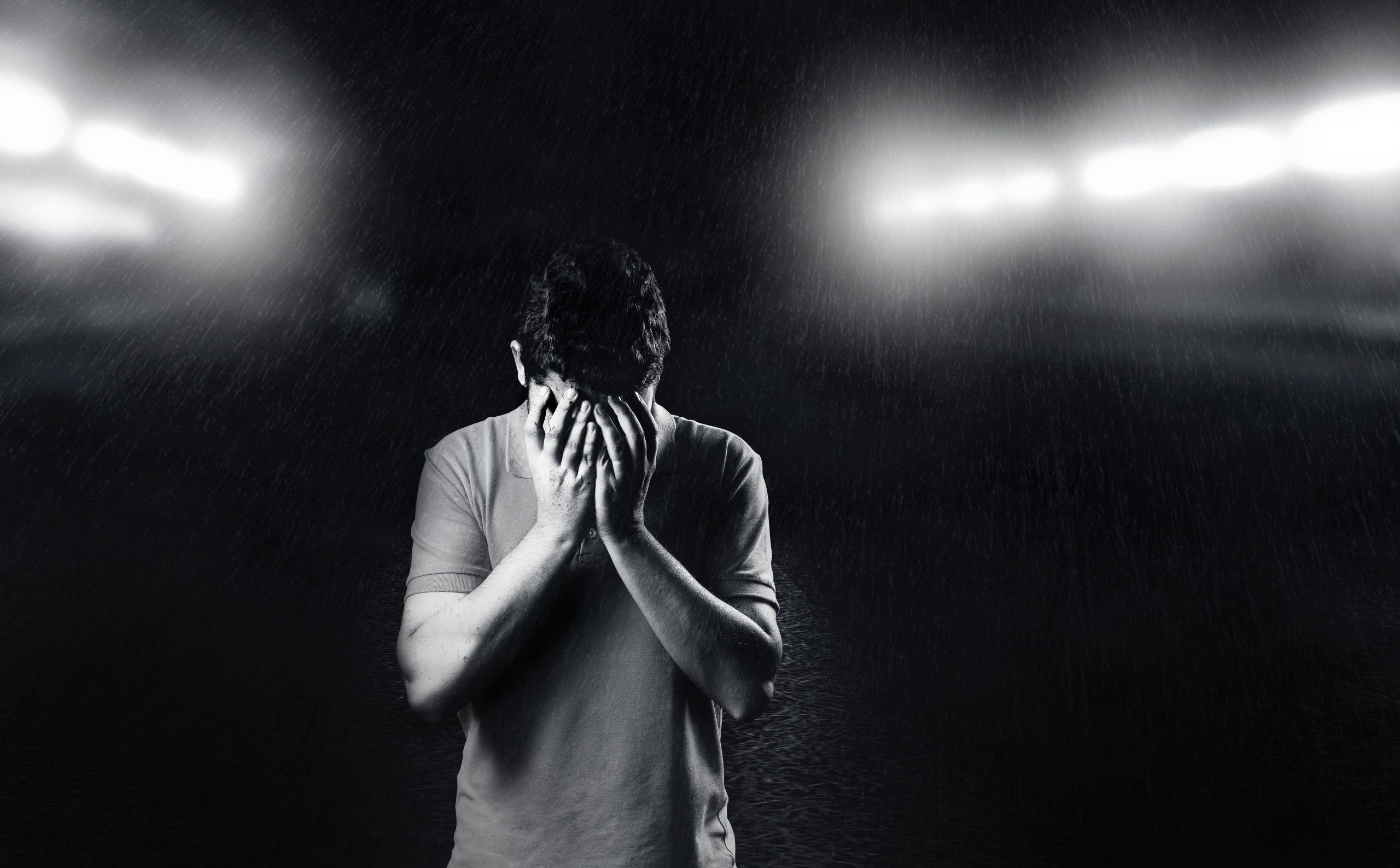Results from a recent clinical trial indicate the efficacy of psilocybin-assisted therapy in treating moderate-to-severe depression among both curable and incurable cancer patients.
Notably, the drug was administered collectively to small patient groups before individual and group therapy sessions—a pioneering approach.
Depression is prevalent among cancer patients, affecting approximately 25% to 33%, with conventional treatments like antidepressants showing limited success.
The burgeoning interest in psychedelic treatments, especially when conventional methods prove ineffective, has spotlighted psilocybin, the psychedelic compound derived from magic mushrooms.
A phase 2 clinical trial focusing on psilocybin-assisted therapy for major depression in cancer patients further supports its potential as an effective treatment.
Following medical screening and a physical examination, participants engaged in two preparatory sessions with their assigned therapist, focusing on providing information about psilocybin treatment.
Commencing from the third visit, participants received a weekly administration of 25 mg of synthesized psilocybin for eight weeks.
Assessing Psilocybin’s Impact on Depression

The researchers employed an alternative assessment tool to gauge the impact of psilocybin on depression severity, diverging from the baseline HAM-D score.
Depression severity was quantified using the Montgomery-Asberg Depression Rating Scale (MADRS), comprising 10 items scored from zero (indicating normal) to six (indicating severe), with higher total scores indicating more severe depression.
A clinically significant response was defined as a 50% or greater reduction in MADRS score compared to baseline.
Sustained response referred to the maintenance of a significant response at weeks three and eight post-treatment.
Symptom remission was characterized by a MADRS score of less than 10.
Psilocybin-assisted therapy resulted in a clinically significant decrease of 19.1 points in MADRS scores from baseline to week eight.
Notably, 80% of participants exhibited a sustained response, and 50% achieved complete remission of depression symptoms by week one, a response maintained throughout the eight-week period.
No adverse events related to psilocybin were reported, and treatment-related side effects, namely nausea and headache, were generally mild.


Comments are closed.